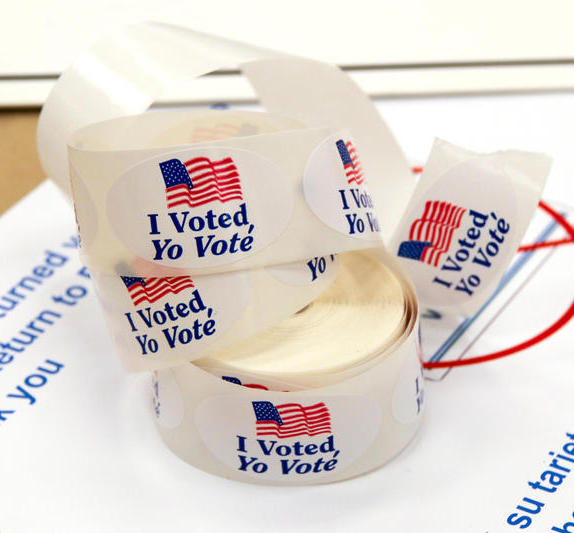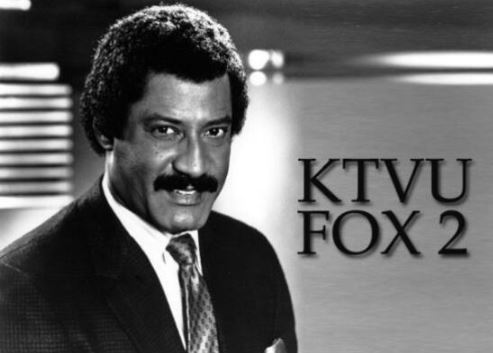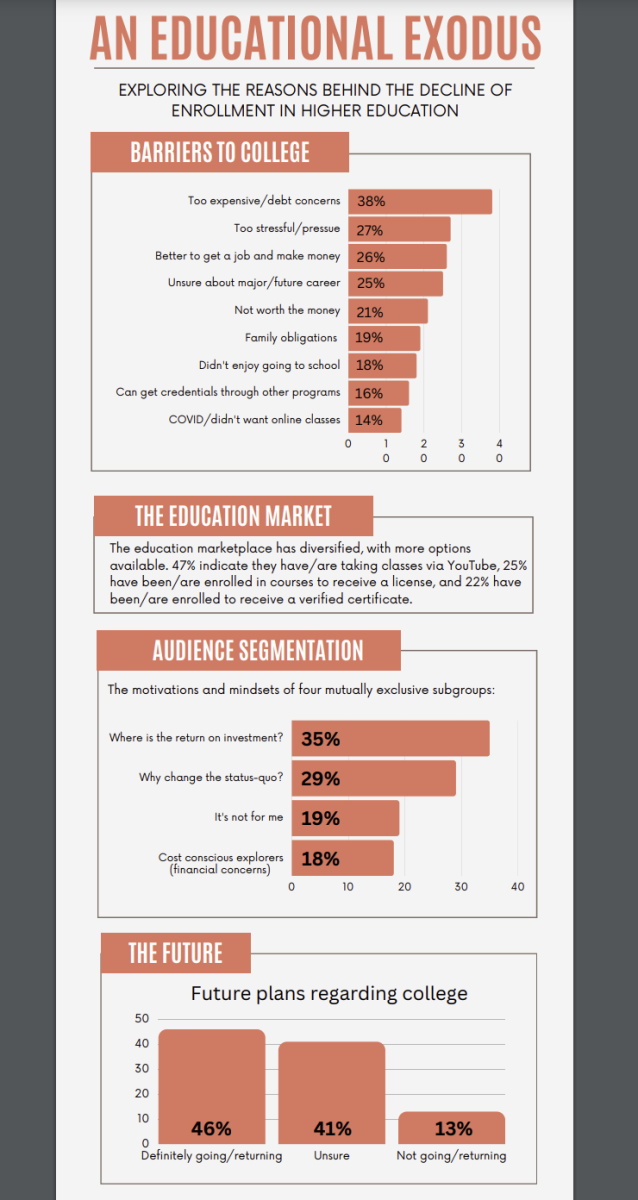The term proposition is defined as the power granted to citizens to “act as legislators” by proposing statutes and amendments to the state constitution. In 2022, the citizens of California began initiatives and attained consensus for several propositions.
Proposition 1, Reproductive Freedom
This proposition protects an individual’s right to abortion and contraceptive use; they are given the freedom to choose or deny abortion and the use of contraceptives. This ensures that there are no uncertainties regarding reproductive freedom, particularly from “legal interpretation or partisan control of the current Democratic state legislators.” The proposition passed with 65 percent out of 6,363,676 ballots in favor and 35 percent against Prop. 1.
Proposition 26, In-person Sports Betting on Tribal Lands
This proposition aimed to legalize in-person wagering on tribal lands by passing a Regulation and an Unlawful Gambling Enforcement Act. Proponents said it would have provided greater integrity to sports wagering as they limit black market gaming activities and prohibit marketing and advertising to underaged individuals. The proposition was rejected with 70 percent of 6,312,441 ballots against this and 30 percent in favor.
Proposition 27, Online Sports Betting
This proposition sought to legalize mobile and online sports wagering with state-regulated entities to offer responsible sports betting with the limitation to individuals above 21 years old. Although it aimed to bring more money to the state and end homelessness, many argued that this would instead increase due to the higher rates of gambling addiction that would ensue. Ultimately, Prop. 27 was rejected by 83 percent out of 6,361,668 ballots.
Proposition 28, Funding Arts and Music Education
This proposition sought to provide schools with funds to promote art and music within the state to improve learning and mental health. This program will pave the way for a creative economy in California while expanding and developing culture. The proposition passed with 62 percent of 6,343,377 votes in favor.
Proposition 31, Uphold Flavored Tobacco Ban
The proposition bans the marketing and advertising of tobacco products to those under 21 to prevent its further use. Regulations include prohibiting the use of tobacco products in schools, playgrounds, and other public areas that may expose children to these products, with a fine of $250 for those who violate it. Moreover, specific flavors of tobacco products, including those with a fruit aroma and menthol (both e-cigarettes and actual cigarettes) are prohibited, as these products were predominantly marketed toward teenagers. Thomas Harlan, an anatomy and physiology teacher at Riordan, agrees that the proposition would “help prevent the youth from using nicotine” and that students should “research and look at what you are going to put in your body” as the chemical is toxic to humans. The proposition was passed with 63 percent of 46,333,707 votes in favor.
As a whole, each of these previously mentioned propositions put forward the stances of citizens that seek to create a better society and environment for everyone—one that seeks to promote education, freedom, and the protection of human health.















